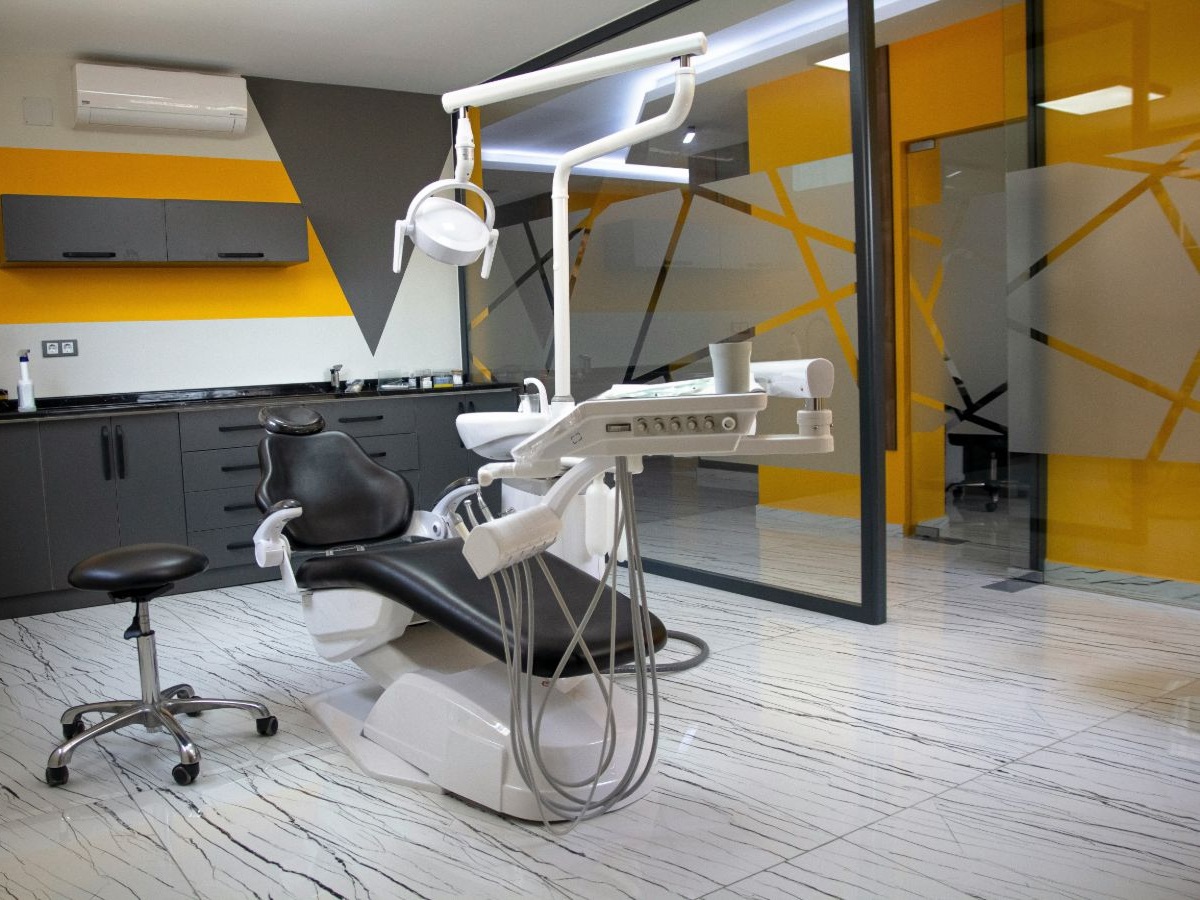
Regular Dental Check-Ups
Regular dental check-ups are the foundation of preventive dental care. During these visits, dentists perform thorough examinations of your teeth, gums, and mouth to detect early signs of oral health issues such as cavities, gum disease, oral cancer, and enamel erosion. X-rays may be taken to catch problems that aren’t visible to the naked eye, such as impacted teeth or bone loss. Early detection allows for less invasive, more affordable treatment options, ultimately saving time and money while preserving long-term oral health.
Professional Teeth Cleaning
Even with excellent brushing and flossing habits, plaque and tartar can still accumulate in hard-to-reach areas. Professional dental cleanings, performed by dental hygienists, use specialized tools to remove built-up tartar and plaque from your teeth and along the gum line. Cleanings help prevent tooth decay, reduce the risk of gum disease, and leave your mouth feeling refreshed. In addition, cleanings often include tooth polishing and the application of preventive agents like fluoride or sealants, depending on your individual needs.
Fluoride Treatments
Fluoride is a natural mineral that helps strengthen tooth enamel and reverse early signs of tooth decay. In-office fluoride treatments provide a much higher concentration than over-the-counter products. These quick, painless treatments are especially beneficial for children, individuals with dry mouth, or anyone with a higher risk of cavities. Fluoride can be applied in various forms, including gel, foam, or varnish, and offers ongoing protection against acid attacks from bacteria and sugars.
Dental Sealants
Dental sealants are a highly effective preventive measure, particularly for children and teenagers. They are thin, plastic coatings applied to the chewing surfaces of back teeth (molars), where most cavities in children are found. The sealant quickly bonds into the grooves of the teeth, forming a protective shield that blocks out food particles and bacteria. Sealants are painless to apply, long-lasting, and can significantly reduce the risk of tooth decay in the areas that are hardest to clean.
Oral Health Education
Educating patients about proper oral hygiene is a key part of any preventive care plan. Dentists and hygienists offer personalized guidance on brushing techniques, flossing, mouthwash use, and dietary choices that affect oral health. Education also includes advice on managing habits that contribute to oral problems, such as smoking or frequent snacking. By empowering patients with the knowledge to care for their teeth at home, we can help reduce the likelihood of cavities, gum disease, and other oral conditions.